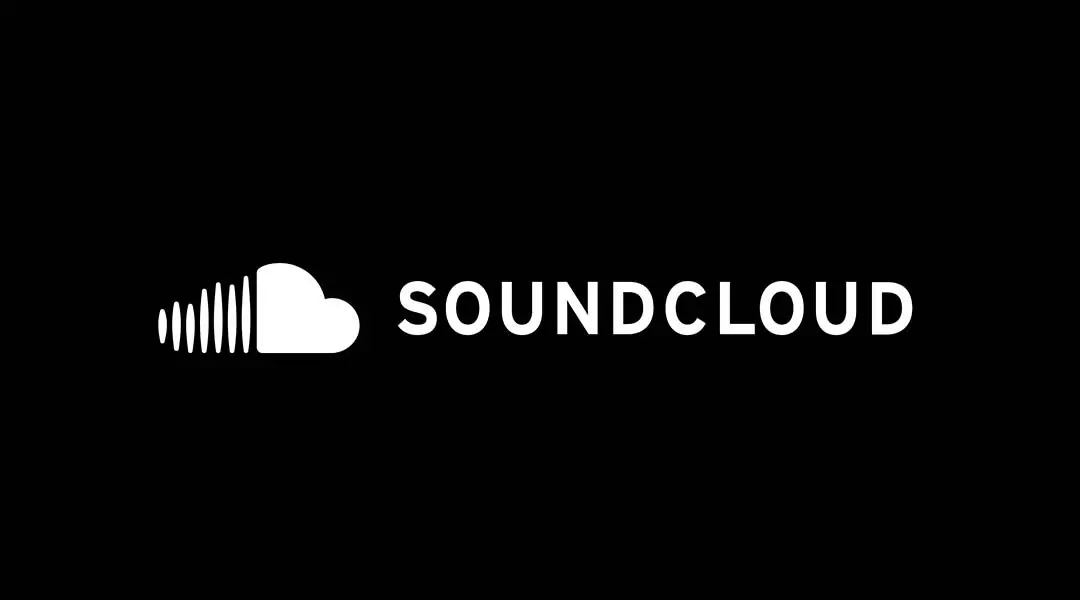In a move that has left many creators questioning their relationship with digital platforms, SoundCloud has updated its terms of service to permit the utilization of user-uploaded audio files for the training and development of artificial intelligence (AI). This change, seemingly minor at first glance, has significant implications for artists and content creators. Tech ethicist Ed Newton-Rex highlighted this development, sparking a conversation about the ethics of content usage in the age of AI. By granting itself permission to use user-generated content for AI purposes, SoundCloud positions itself at the intersection of creativity and technology, yet raises a critical question: Will this choice empower creators or diminish their autonomy?
Understanding the Fine Print
The new provision within SoundCloud’s terms explicitly states that users consent to their content being employed for various AI-related functions. This includes informing and developing AI technologies, which essentially means that the platform can harvest user data to advance its AI capabilities. While SoundCloud has created an exemption for content governed by separate agreements with third-party rightsholders—such as major record labels—this provision still invites scrutiny. The lack of a clear opt-out option within the platform’s settings is particularly concerning, leaving many creators in the dark about their content’s potential future uses.
The Growing Trend Among Digital Platforms
SoundCloud’s policy change mirrors a larger trend among social media and content-sharing platforms. Companies like LinkedIn, YouTube, and even Elon Musk’s X have recently revised their privacy policies to facilitate AI training, often with minimal transparency or consideration for the rights of users. This reaction to the rapidly evolving technological landscape raises an ethical dilemma: Should users automatically relinquish control over their content for the advancements that AI promises? As platforms increasingly adopt such policies, the push for a more favorable landscape for content creators becomes ever more urgent.
The Ethical Responsibility of Platforms
The crux of the issue lies not only in usage rights but also in the ethical responsibilities of platforms. SoundCloud has stated commitments to ethical AI practices, claiming to uphold rights for creators. Yet it remains to be seen how these claims translate into actionable policies that respect the contributions of individual artists. If AI training is to harness user content as a resource, creators should receive recognition and recompense for their work. The dialogue around compensation and credit in AI development is vital, as those contributing to data sets should not be left in the shadows.
The Call for Creators’ Rights
The response from creators and users will ultimately shape the future of platforms like SoundCloud. As discussions about fair compensation and transparent data use intensify, a collective voice advocating for these rights is necessary. The technology industry is moving rapidly, but in this acceleration, we must prioritize ethical practices that respect the individuals driving artistic innovation. The conversation surrounding AI and user-generated content should not be a footnote in policy updates; rather, it should be at the forefront of how we engage with the digital ecosystem. As artists, we must remain vigilant, ensuring that our creative endeavors are not exploited under the guise of technological advancement.

